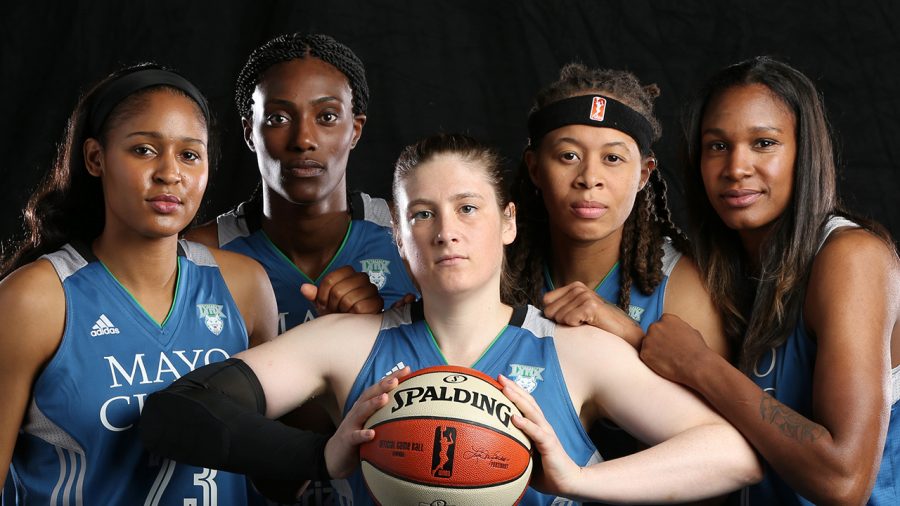Inequality in Sports: an ongoing issue of sexism towards females in Sports
Over the past several years, athletes and other women in sports have worked very hard to become successful and well-known in the fields of sports and have, yet have faced the obstacle of sexism along the way especially in the past decade. This is an issue that people need to help decrease from happening so these hard working women can get what they deserve in sports: respect and equal treatment as men.
Many media outlets which cover women’s sports whether it is college or professional have underrepresented women’s sports over the years. According to a 25 year-long study by students of Purdue University and the University of Southern California on PRI.org, it showed that news outlets which are local spend only 3% of their airtime covering women’s sports. On a larger scale, the Entertainment and Sports Programming Network was shown to cover 2% of women’s sports. These percentages show how large the coverage is for men’s sports and the inequality between the two genders with coverage.
An unidentified Olympic Gold-medalist shared her experience with BBC about her experience with sexism in her position.
“There was a male player who was with the same sponsor and got paid a lot more money than me…He was famous in his own right but in my opinion, and I said this to them, on a digital platform in terms of promoting the brand he doesn’t have social media, he doesn’t do many talks”.
She had the same sponsor as the male, but got paid significantly less than him. Unfairness was shown in this since the male athlete was doing much more than she was to promote the sponsor, so realistically, they should be getting paid the same as each other. The Gold-medalist then decided to move back to her old sponsor who upped her contract and apologized for not doing in the first place.
Some coaches feel that men can perform better than women in sports. The false opinion has been around for years, and some women feel like they don’t have the power to stop it.
Another unidentified athlete who represents England described the sexism to BBC which she has witnessed as an athlete who trains near men.
“The men get put on the main training areas and the coaches will mill around those areas and the women will be put on the side to carry on the routines but not really get the feedback and the coaching input…We’ve had some women’s squad sessions which have highlighted how much previously it was tailored to the men’s side of the game. We realised how different things can be and how much value we can get.”
It’s unfair to be in a room as a female athlete and not get the same work in as the other males in the room. The false perception that the male sport needs more attention than the womens does was shown when the athlete said how the coaches give the males more feedback and input from coaches, which is not a good thing to have for a female athlete. The females don’t get as much feedback and input as they should, and this leads to them not performing as well as they could. This could also be a problem for the coaches if they continue giving females the same treatment, and could create a bad reputation for some of them.
Today with many women becoming successful both in sports and other industries, the unequal pay and treatment in sports is completely unnecessary. Women have shown over the past several years, and especially 2020 with females stepping into mostly male positions, that they can do just as well as men can with whatever they want to do for an activity or career. It’s time for sports companies and coaches to take more action so the sexism between men and women in sports can end, and women can all get what they deserve on and off the field or court.


